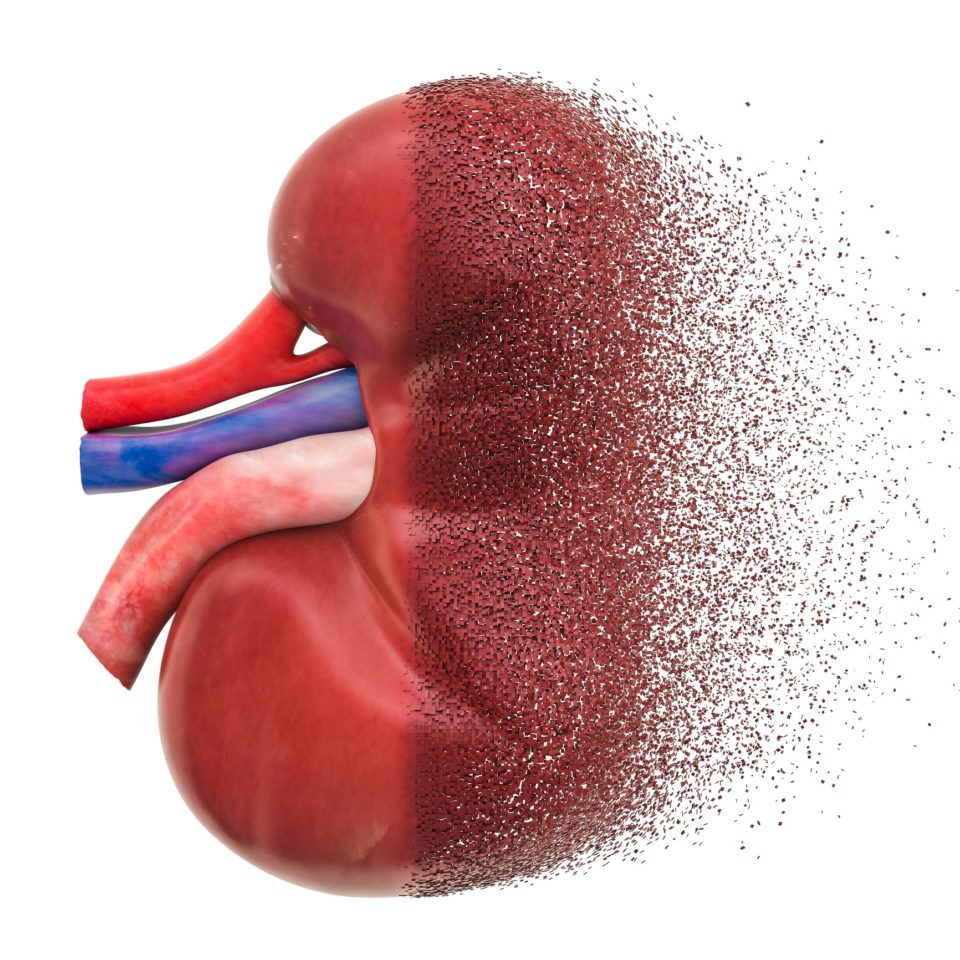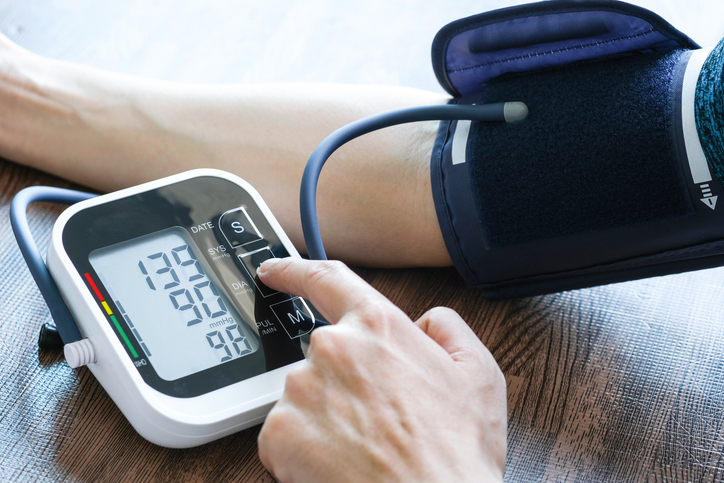
At present, there are no biomarkers to predict the timing of progression of patients with type 2 diabetes to more serious kidney disease, including diabetic nephropathy. Identification of such biomarkers could facilitate identification of patients at risk for disease progression and allow earlier, more aggressive treatment intervention and management, resulting in reductions in patient morbidity and mortality.
Researchers in the United Kingdom, led by Carla Harkin, PhD, conducted a study to assess 25 biomarkers as predictive of timing of progression from diabetes to diabetic nephropathy. Of the 88 participants enrolled, 32 had type 2 diabetes, 30 had diabetic nephropathy, and 26 were controls. Participants were recruited between 2019 and 2020 from the renal unit at Antrim Area Hospital, Antrim, United Kingdom; Whiteabbey Hospital Diabetic Clinic, Newtonabbey, United Kingdom; Ulster University, Belfast, United Kingdom, and the University of the Third Age, Belfast. Results were reported in Frontiers in Endocrinology [doi:10.3389/fendo.2022.887237].
A total of 13 of 25 (52.0%) biomarkers measured in urine and 25 of 34 (73.5%) biomarkers measured in serum were identified as significantly different between controls and the type 2 diabetes and diabetic nephropathy groups. Patients with diabetic nephropathy were older, smoked more, had higher systolic blood pressure, and higher serum creatinine levels and lower estimated glomerular filtration rate. There were significant inverse correlations between serum biomarkers and eGFR.
“This pilot-study identified several serum biomarkers that could be used to predict progression of type 2 diabetes to more serious kidney disease: namely, midkine, sTNRF1 and 2, H-FABP, and cystatin c,” the researchers said. “Our results warrant confirmation in a longitudinal study using a larger patient cohort.”







 © 2025 Mashup Media, LLC, a Formedics Property. All Rights Reserved.
© 2025 Mashup Media, LLC, a Formedics Property. All Rights Reserved.